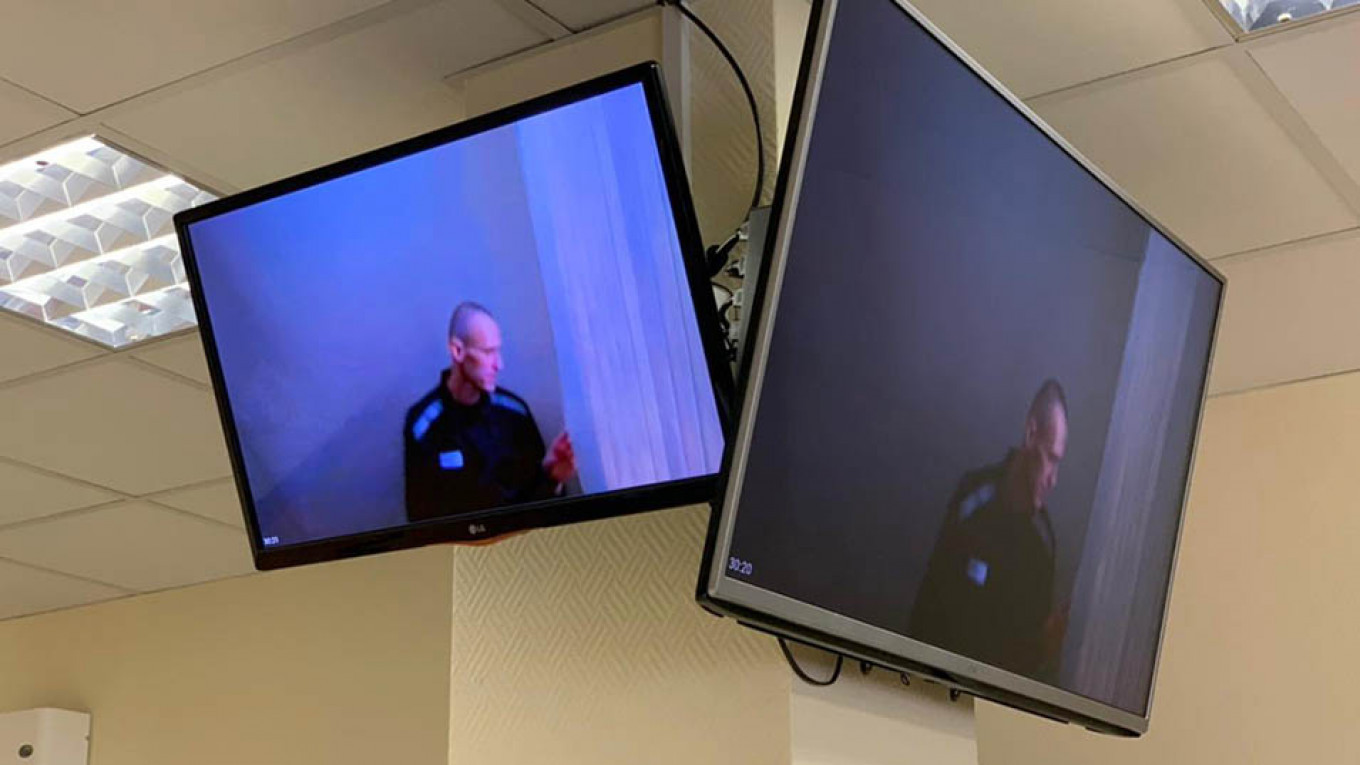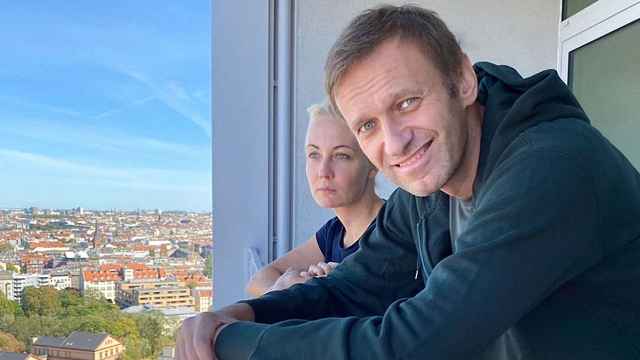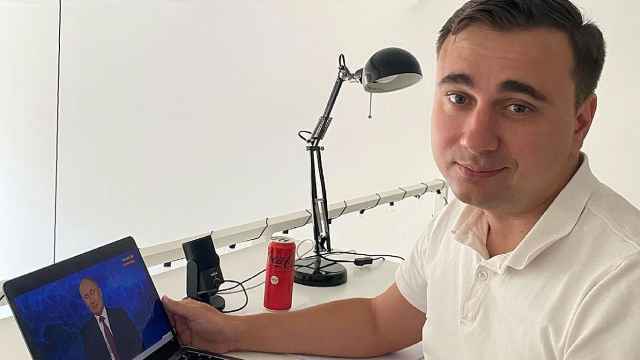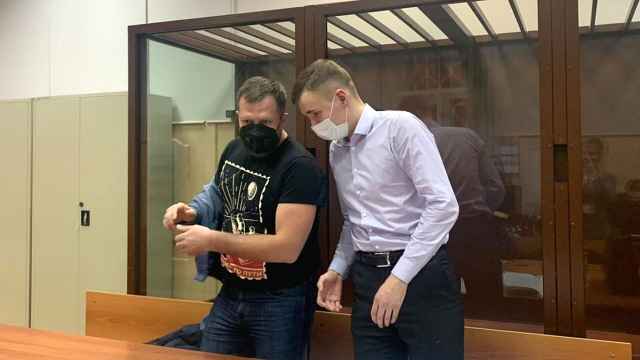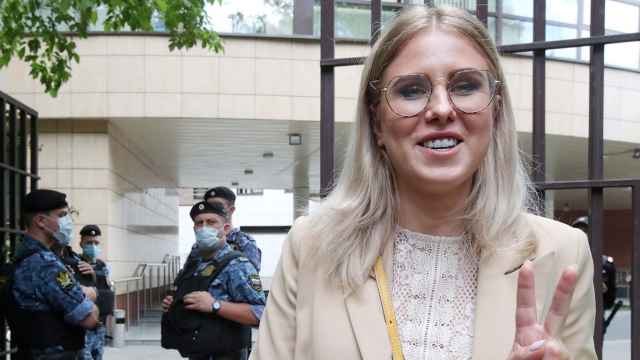Jailed Kremlin critic Alexei Navalny said Thursday he successfully eased out of his hunger strike and has discovered the recipe for being "happy" in prison.
Navalny, President Vladimir Putin's best known domestic critic, is serving two-and-a-half years in a penal colony outside Moscow on old fraud charges he says are politically motivated.
Russia's top opposition politician went on hunger strike at the end of March demanding proper treatment behind bars for severe back pain and numbness in his limbs.
Navalny, who will turn 45 next month, ended the protest on April 23 after he received treatment at a civilian hospital and the West warned Putin of consequences if his critic died.
"Twenty three days on a hunger strike and 23 days easing out of it in a very strict, conservative manner," Navalny said in his first post on Instagram in nearly three weeks.
"My willpower surprised me."
Last Sunday he ate bread — his favorite food — for the first time in 46 days and was happier than an oligarch dining aboard his yacht or a guest of "a Michelin-starred restaurant," Navalny quipped.
The recipe for being happy in prison, he concluded, was simple.
"Choose what you like very much, then rid yourself of it for some time and then get it back," Navalny wrote.
"Just remember that this does not apply to people. Love your favorite people always."
Navalny's last public appearance was by video link in court during an appeal hearing at the end of April, where he appeared gaunt and said he had started eating a couple spoonfuls of porridge a day.
Earlier in the day a top aide and the head of Russia's prison service Alexander Kalashnikov also said Navalny's health improved.
Navalny has "recovered, more or less," Kalashnikov told journalists.
"His weight is already up to 82 kilograms (180 pounds), I think," he added.
The prisons chief, who has been sanctioned both by the U.S. and the EU over the treatment of Navalny, said the Kremlin critic was "eating normally."
The director of Navalny's Anti-Corruption Foundation (FBK), Ivan Zhdanov, also said his health was improving.
"His condition is now more or less normal. The recovery process is indeed underway," Zhdanov said on the Echo of Moscow radio.
Navalny's allies said that he weighed 93 kilograms (205 pounds) when he arrived in prison in February, but that his went had gone down to 85 kilograms (187 pounds) by the time he launched his hunger strike.
The update on Navalny's health comes as Russia moves to outlaw his movement.
Next month a court will convene to hear whether to add his network of regional offices and the Anti-Corruption Foundation to a list of "terrorist and extremist" organisations.
The ruling would effectively outlaw Navalny's political network, putting his supporters and financial backers on par with members of the Islamic State group and Al-Qaeda.
In another move targeting his supporters, Russia's lower house of parliament this week approved legislation in a first reading that would ban members of "extremist" organizations from becoming lawmakers.
Since Navalny returned to Russia in January from Germany, where he had been recovering from a poisoning attack he blames on Putin, most of his top allies have been placed under house arrest or left the country.
A Message from The Moscow Times:
Dear readers,
We are facing unprecedented challenges. Russia's Prosecutor General's Office has designated The Moscow Times as an "undesirable" organization, criminalizing our work and putting our staff at risk of prosecution. This follows our earlier unjust labeling as a "foreign agent."
These actions are direct attempts to silence independent journalism in Russia. The authorities claim our work "discredits the decisions of the Russian leadership." We see things differently: we strive to provide accurate, unbiased reporting on Russia.
We, the journalists of The Moscow Times, refuse to be silenced. But to continue our work, we need your help.
Your support, no matter how small, makes a world of difference. If you can, please support us monthly starting from just $2. It's quick to set up, and every contribution makes a significant impact.
By supporting The Moscow Times, you're defending open, independent journalism in the face of repression. Thank you for standing with us.
Remind me later.


